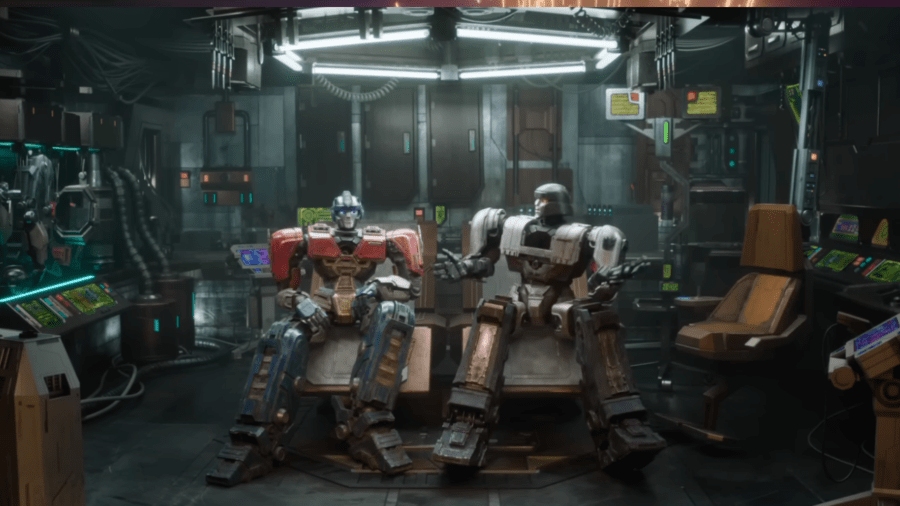Blame Michael Bay. We do.
By Chris Snellgrove
| Published

Most of the time, movies bomb due to their astonishingly poor quality. For example, most people who watched even 10 minutes of Joker 2 could see why the film ended up being a critical and commercial flop. That’s why I was surprised to see Transformers One bomb at the box office; after all, it has an 89 percent critical rating on Rotten Tomatoes and a mind-boggling 98 percent fan rating.
Blame Michael Bay for it’s failure. His legacy is an ongoing albatross around the Transformers franchise’s neck, and now Transformers One’s box office failure may spell doom for the franchise as a whole.

As a Transformers fan, I have something of a love/hate relationship with Michael Bay’s Transformers movies. They helped bring the franchise back to life and introduced some really cool concepts and designs (we can all agree Bumblebee is cooler as a Camaro, right?). But each of his films are worse than the one before, effectively tainting the robots’ cinematic reputation so much that Transformers One (quite literally the best film in the franchise) completely tanked at the box office, earning only $128.9 million against a budget that was somewhere between $75–147 million.
If you haven’t seen it yet (shame on you!), there’s probably a burning question deep inside your spark: what made Transformers One so great? Or also perhaps, how the heck can I say it’s better than the iconic 1986 film? Because it is.

First of all, that original Transformers animated film is a certified classic, and I frequently blast the soundtrack (we love you, Stan Bush!) while driving around in my own little Bumblebee Camaro. The movie’s primary weakness is that it doesn’t offer much in the way of real characterization. Killer animation and sweet needle drops aside, it simply maintains the original show’s basic plot of one-dimensional good guys fighting one-dimensional bad guys.
Transformers One, however, is a deep dive into the psychology, friendship, and ultimate fallout between the franchise’s most compelling characters, Optimus Prime and Megatron. It’s rewarding to see these characters complete their arcs and realize that their ideological differences are too great for their friendship to survive. Those differing ideologies are as understandable as they are heartbreaking, perfectly framing a rift between brotherly ‘bots that ultimately spawns millions of years.

By now, this franchise has fans of all ages thanks to its many different iterations, and there’s truly something for everyone in Transformers One. I appreciated callbacks to the Generation 1 cartoon and the original Marvel comics, and there are some great references to the 1986 film. I walked away convinced that this was the perfect Transformers film, and seeing something this brilliant fail has made me worried for the franchise as a whole.
After all, the live-action Transformers: Rise of the Beasts was the lowest-grossing film in the cinematic franchise until Transformers One came along. We are quite literally getting diminishing box office returns for this franchise, and Transformers One was clearly a Hail Mary attempt to bring the brand back to life, complete with killer animation, a stacked celebrity voice cast, and a creative team that clearly loves the franchise. It still failed for the simple fact that Michael Bay’s middling movies effectively sabotaged its chances.

Remember, that first live-action Transformers was a worldwide hit, but the later films eventually just became mindless clashes between ugly robots punctuated by utter insanity. By the end, we were getting bizarre scenes where one character explained how he could legally have sex with his underage girlfriend. And when the films weren’t delivering action schlock or creeper characters, they were doing things like inexplicably killing original human protagonist Sam Witwicky offscreen, all of which made the general public associate the Transformers with awful films.
If Bay could have reined in his excesses and produced sequels with the quality of his first Transformers film, then Transformers One would likely have been a monster hit. Unfortunately, without the interest and goodwill of more casual audiences, only hardcore fans bought tickets, and the result is that the franchise is now in its darkest hour. And if this gorgeous and brilliant animated movie wasn’t enough to light that darkness, then the Transformers franchise might become a bit like Starscream: a doomed ghost simply hoping to relive its glory days and take its place as the rightful king (of ‘80s cartoons, at least).
